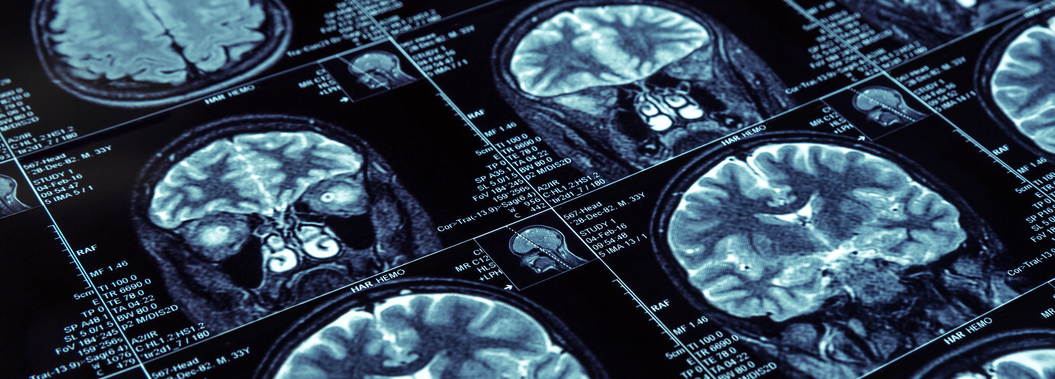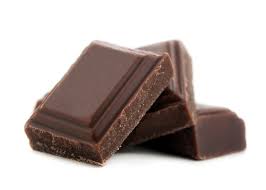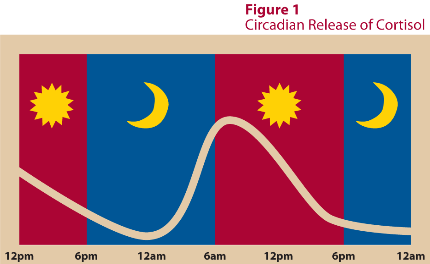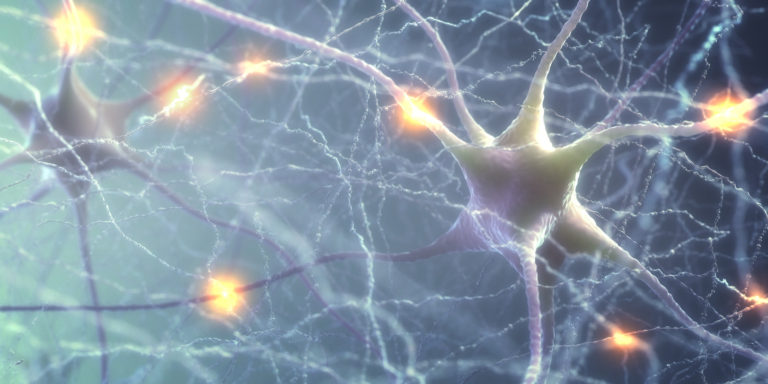Are You Losing Your Mind?
Let’s face it. None us wants to get older. We’d like to hold on to our hard-earned wisdom, yet stop the aging process altogether. But given enough attention, our bodies are capable of supporting us well into our eighties and nineties.
But what about our brains? Are you doing everything possible to make sure it maintains optimal function? If you’re not eating well and exercising regularly, it’s likely that your cognitive function will decline at an accelerated rate.
I will go into more detail below, but for those of you in a hurry, here are the keys to maintaining brain health:
- Circulation: Blood carries oxygen to the brain. Exercise is the key to getting blood to the periphery-your hands feet and brain.
- Stimulation: Neurons are constantly branching out seeking new connections. Mental stimulation is key so continuing to work and learn new skills is critical
- Nutrition: The brain uses a lot of energy as well, so good circulation also carries key nutrients, including sugar, to the brain. Moreover, the brain cells require a healthy phospholipid membrane to function properly (think poly-unsaturated fatty acids or PUFAs). Here, supplementing with things like fish oil are supportive.
- Protection: Both drugs and physical trauma (concussions) can destroy brain cells. When the body goes to clean up those damaged cells, it can also attack healthy cells (auto-immunity) or just be overzealous in the process. Either way, you lose healthy tissue. We know Glutathione to play a key role in quenching free radicals in the brain.
So what can you do?
First and foremost, you will want to exercise on a regular basis. This improves blood sugar metabolism, lowers weight, and promotes circulation. You can also supplement with long-chain fatty acids like EPA and DHA. Generally EPA is considered protective against inflammation in the body, while DHA is taken up by the brain. Since individuals who consumer higher amounts of DHA have a lower risk of cognitive decline- Alzheimer’s and depression for example- it makes sense to add fish oil to your diet (1, 2)
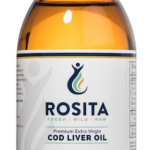 How much fish oil?
How much fish oil?
If you are treating a chronic condition like Crohn’s or cardiovascular disease, consider taking up to 1-2g of DHA per day. Otherwise 500mg/day should be sufficient. Cod Liver Oil is an especially good source of Omega 3s and also contains vitamins A & D. There are many good brands on the market, including those produced by Standard Process, Green Pastures, and Rosita Foods. Do your own research and decide.
Can I eat fish? What about the mercury?
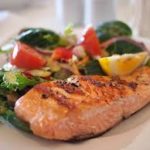 Two 6-8-ounce servings or 12-16 ounces per weeks should provide you with more than enough EPA and DHA weekly, but you are always welcome to supplement with additional fish oil if you are treating a chronic condition. If you are concerned about mercury, read this terrific article by Chris Kresser: 5 Reasons why concerns about mercury in fish are misguided.
Two 6-8-ounce servings or 12-16 ounces per weeks should provide you with more than enough EPA and DHA weekly, but you are always welcome to supplement with additional fish oil if you are treating a chronic condition. If you are concerned about mercury, read this terrific article by Chris Kresser: 5 Reasons why concerns about mercury in fish are misguided.
Getting technical: What are long chain poly-unsaturated fatty acids?
Long chain polyunsaturated fatty acid (LC-PUFA), including docosahexaenoic acid (DHA) and arachidonic acid (AA), are incorporated into membrane phospholipids and, apart from their structural role in these membranes, they also act as precursors of autocoid signaling molecules (e.g., docosanoids) and as potent activators of a number of gene transcription factors (e.g., peroxisome proliferator activated receptors). 3
Please. Fix My Brain!
Interested in maximizing your brain health? Call me at 650-564-9002 or schedule a free consultation online to get started today!
Food sources of DHA and EPA
| Table 2: Selected Food Sources of ALA, EPA, and DHA [29] | |||
| Food | Grams per serving | ||
| ALA | DHA | EPA | |
| Flaxseed oil, 1 tbsp | 7.26 | ||
| Chia seeds, 1 ounce | 5.06 | ||
| Flaxseed, whole, 1 tbsp | 2.35 | ||
| Salmon, Atlantic, farmed cooked, 3 ounces | 1.24 | 0.59 | |
| Salmon, Atlantic, wild, cooked, 3 ounces | 1.22 | 0.35 | |
| Herring, Atlantic, cooked, 3 ounces* | 0.94 | 0.77 | |
| Canola oil, 1 tbsp | 1.28 | ||
| Sardines, canned in tomato sauce, drained, 3 ounces* | 0.74 | 0.45 | |
| Mackerel, Atlantic, cooked, 3 ounces* | 0.59 | 0.43 | |
| Salmon, pink, canned, drained, 3 ounces* | 0.04 | 0.63 | 0.28 |
| Soybean oil, 1 tbsp | 0.92 | ||
| Trout, rainbow, wild, cooked, 3 ounces | 0.44 | 0.40 | |
| Black walnuts, 1 ounce | 0.76 | ||
| Mayonnaise, 1 tbsp | 0.74 | ||
| Oysters, eastern, wild, cooked, 3 ounces | 0.14 | 0.23 | 0.30 |
| Sea bass, cooked, 3 ounces* | 0.47 | 0.18 | |
| Edamame, frozen, prepared, ½ cup | 0.28 | ||
| Shrimp, cooked, 3 ounces* | 0.12 | 0.12 | |
| Refried beans, canned, vegetarian, ½ cup | 0.21 | ||
| Lobster, cooked, 3 ounces* | 0.04 | 0.07 | 0.10 |
| Tuna, light, canned in water, drained, 3 ounces* | 0.17 | 0.02 | |
| Tilapia, cooked, 3 ounces* | 0.04 | 0.11 | |
| Scallops, cooked, 3 ounces* | 0.09 | 0.06 | |
| Cod, Pacific, cooked, 3 ounces* | 0.10 | 0.04 | |
| Tuna, yellowfin, cooked 3 ounces* | 0.09 | 0.01 | |
| Kidney beans, canned ½ cup | 0.10 | ||
| Baked beans, canned, vegetarian, ½ cup | 0.07 | ||
| Ground beef, 85% lean, cooked, 3 ounces** | 0.04 | ||
| Bread, whole wheat, 1 slice | 0.04 | ||
| Egg, cooked, 1 egg | 0.03 | ||
| Chicken, breast, roasted, 3 ounces | 0.02 | 0.01 | |
| Milk, low-fat (1%), 1 cup | 0.01 | ||

